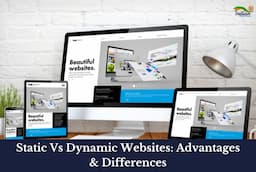How to Choose the Best Website Designers in India

Today, this has made professional web design important for companies in establishing the online presence of a company. Whether launching a new venture or expanding on an existing one, the selection of the right web designer is absolutely essential in forging a solid online identity for a business. India is known as a rich pool of tech talent and it happens to be one of the rapidly growing worldwide hubs for businesses seeking top-notch web design services at competitive rates. Still, how do you pick the best website designer in India for your project, considering all the options available?
Define Your Website Requirements
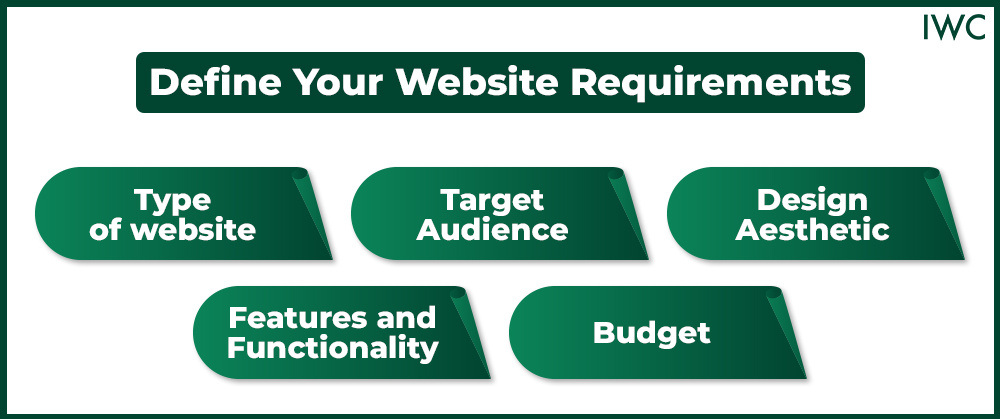
Clearly define what you want from your website before you even set off searching for a web designer. The better your project brief, the better your web design. Here's what you might consider:
- Type of website: Are you after a static website, a dynamic website, an e-commerce, a portfolio, or maybe a blog? Each of these will have its own specific needs in terms of design and functionality.
- Target Audience: Who is your customer? In building a user-friendly website there must be some comprehension of what the audience likes and their behavior.
- Design Aesthetic: Is there a particular style? It can be minimalistic and modern, lots of bright colors, and so on. This will then guide the designer
- Features and Functionality: If certain functionalities need to exist in the site, this also needs to be defined such as the shopping cart functionality of an e-commerce site, making online appointments, contact forms, or just a simple chat function.
- Budget: Be realistic with your budget. Knowing your budget in advance will help filter through designers that can do the job and fit your budget.
Review Their Portfolio and Past Work
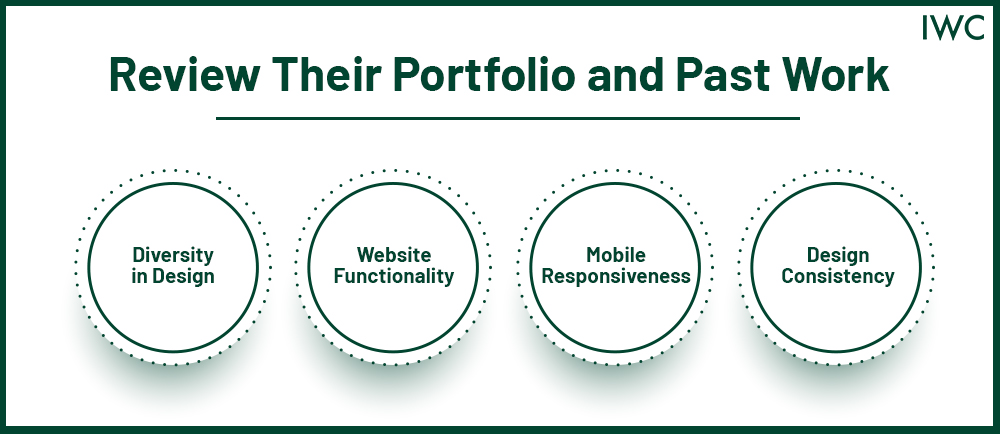
The easiest access to their skill and creativity is to view their portfolio. The following are points to consider when reviewing their portfolios.
- Diversity in Design: Is the designer diverse in terms of styles and industries? The more diverse the designer, the better he will be able to work his way through diverse design needs and preferences.
- Website Functionality:Check how navigable and user-friendly the sites are. Besides, if the site is beautiful but not that easy to access functionality-wise, then that one functionality it may offer is worthless.
- Mobile Responsiveness: Ensure that the designer has experience with mobile-friendly designs because over half the web traffic done globally comes from a mobile device.
- Design Consistency: Verify if there is visual and branding consistency in different website pages. In a perfect scenario, an experienced designer should maintain the brand identity.
- UX:Do the sites feel intuitive, simple, and easy to use? The best designers strive for an optimal user experience, resulting in deeper engagement and conversions.
Industry Experience
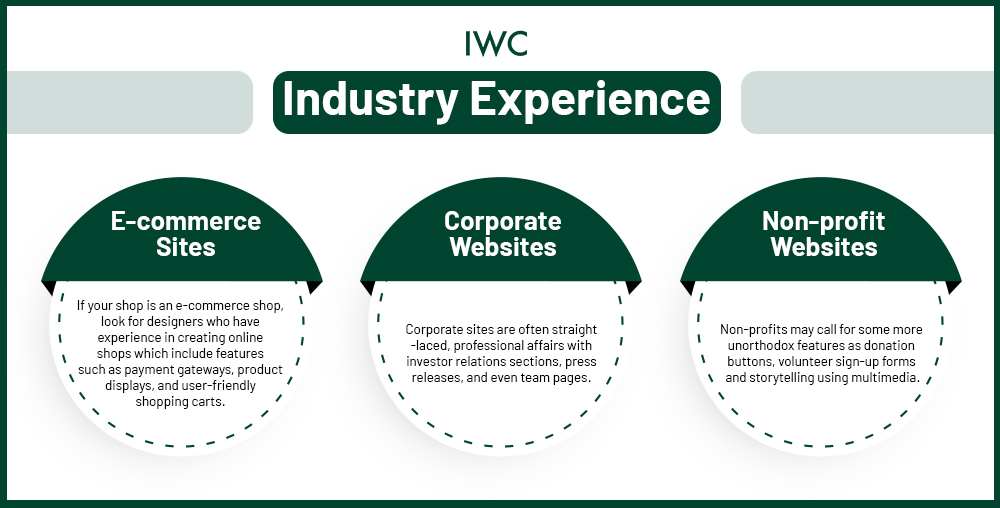
The needs of any website design vary with different industries. Where your industry is niche or regulated (such as health, finance, and education), you might want to look for someone who has experience in your industry. Somebody who understands the challenges and the sensitivities in a particular industry will create a website that is both aesthetically pleasing and considered safe and compliant. For instance:
- E-commerce Sites: If your shop is an e-commerce shop, look for designers who have experience in creating online shops which include features such as payment gateways, product displays, and user-friendly shopping carts.
- Corporate Websites: Corporate sites are often straight-laced, professional affairs with investor relations sections, press releases, and even team pages.
- Non-profit Websites: Non-profits may call for some more unorthodox features as donation buttons, volunteer sign-up forms, and storytelling using multimedia.
Know Their Design Process
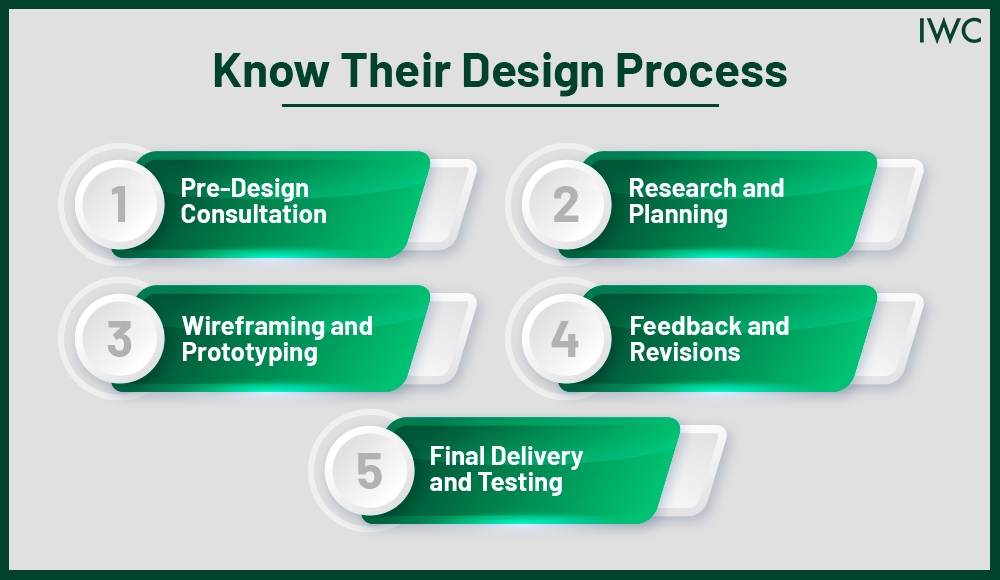
An organized design process is characteristic of a good cooperation. Ask your potential designers to walk you through their process. Here is an overview of what a typical design process may encompass:
- Pre-Design Consultation: This is a step that will help in setting the alignment of expectations as far as what to expect and what not to expect from the designer. The pre-design consultation should focus more on learning about your business goals, your audience, and even design preferences by the designer.
- Research and Planning: If he or she researches your industry and competitor, a designer will be able to give you a more strategic form of design.
- Wireframing and Prototyping:A good designer should present a wireframe or mockup before finalizing the design. This would be the blue print of the structure and flow for users to navigate through the website.
- Feedback and Revisions: The best designers include client feedback and give you a few rounds of revisions so that the design meets your needs.
- Final Delivery and Testing:The designer should test the website before launching it, to check whether it works correctly in various browsers and devices.
Locate Customization Options
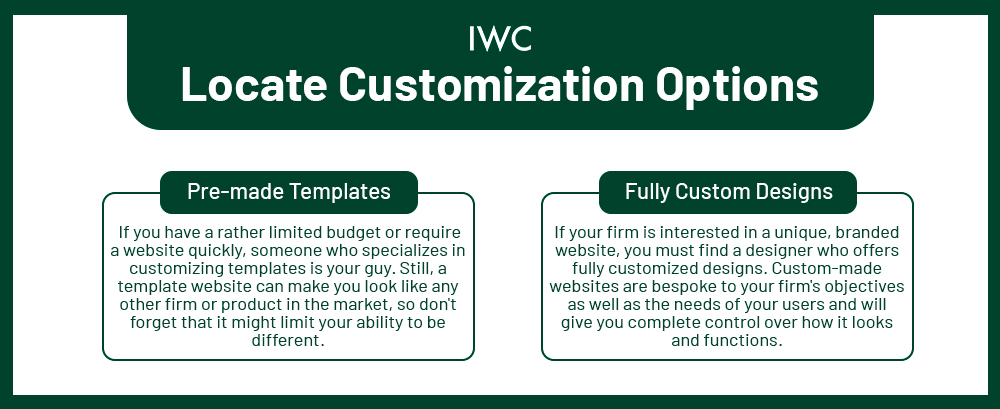
Some designers work from pre-made templates, but others will produce full custom designs. Your best bet will depend on your project requirements:
- Pre-made Templates: If you have a rather limited budget or require a website quickly, someone who specializes in customizing templates is your guy. Still, a template website can make you look like any other firm or product in the market, so don't forget that it might limit your ability to be different.
- Fully Custom Designs: If your firm is interested in a unique, branded website, you must find a designer who offers fully customized designs. Custom-made websites are bespoke to your firm's objectives as well as the needs of your users and will give you complete control over how it looks and functions.
Consider Their Technical Skillsercised
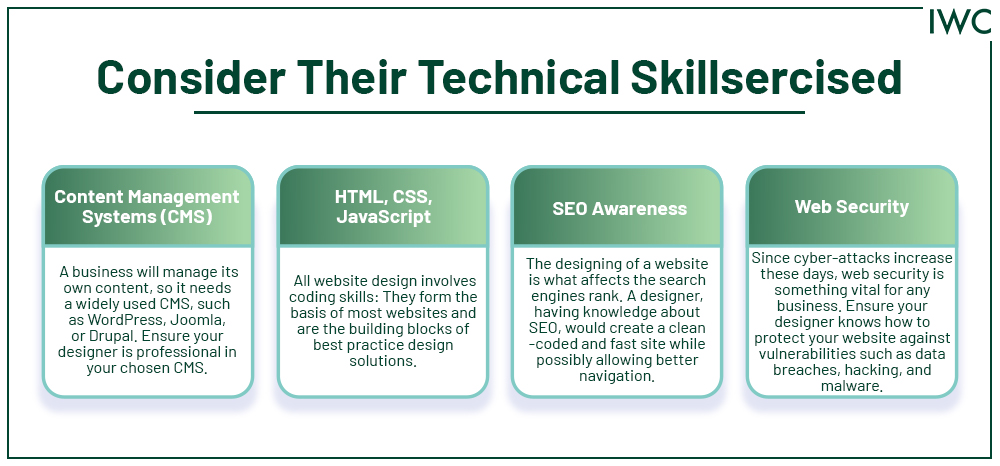
In terms of considering the technical skills of a web designer, designing a website involves more than its physical look. Some technological abilities and platforms of which you must pay attention include:
- Content Management Systems (CMS): A business will manage its own content, so it needs a widely used CMS, such as WordPress, Joomla, or Drupal. Ensure your designer is professional in your chosen CMS.
- HTML, CSS, JavaScript: All website design involves coding skills: They form the basis of most websites and are the building blocks of best practice design solutions.
- SEO Awareness:The designing of a website is what affects the search engines rank. A designer, having knowledge about SEO, would create a clean-coded and fast site while possibly allowing better navigation.
- Web Security:Since cyber-attacks increase these days, web security is something vital for any business. Ensure your designer knows how to protect your website against vulnerabilities such as data breaches, hacking, and malware.
Check Their Reviews and Testimonials

Reviews and testimonials from previous clients are key indicators of reliability and professionalism from a designer. Third-party review sites like Clutch, GoodFirms, Google Reviews will give you an insight into what previous clients have said about:
- Communication: Will the designer respond to emails and calls on time? Good communication helps one avoid misunderstandings.
- Timeliness: Were all of the projects finished on time? Time delays will torpedo even the best business plan, so be sure to hire a designer who is known to deliver work on time.
- Customer Support: How responsive is your designer after the launch? Websites need updates and go through trouble shooting, so you want to know your designer will be accessible and responsible for good support.
Assess Their Pricing Structure Proper pricing is a significant
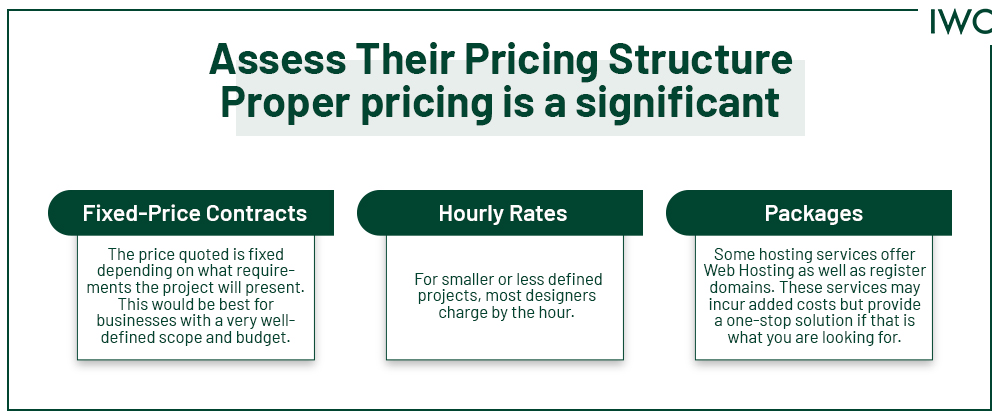
selection criterion regarding website designers, but one needs to understand that the cheapest doesn't necessarily suffice as the best. Quality design costs money and is an investment in one's business. Some of the common pricing models include:
- Fixed-Price Contracts: The price quoted is fixed depending on what requirements the project will present. This would be best for businesses with a very well-defined scope and budget.
- Hourly Rates: For smaller or less defined projects, most designers charge by the hour.
- Packages:Some designers offer tiered packages (basic, advanced, premium), which include different levels of service. Be sure to know exactly what's in each package before committing.
Expect Long-term Support and Maintenance
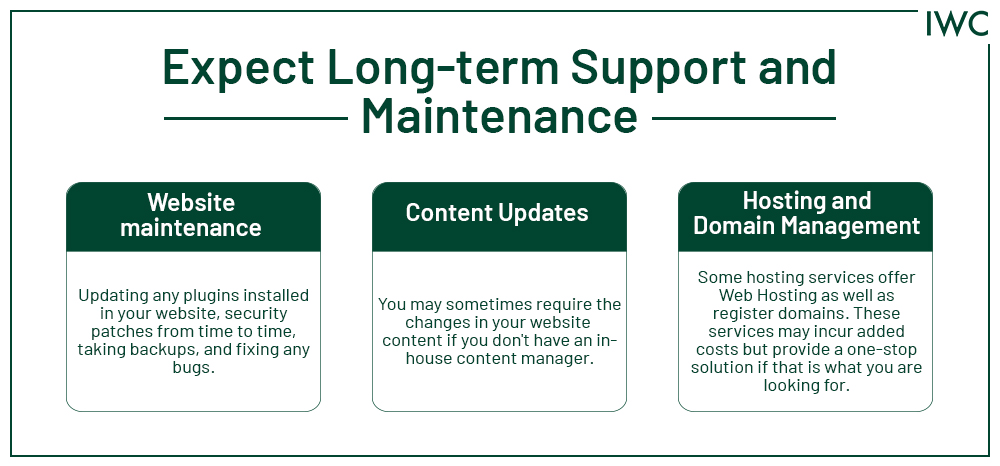
A website is not a one-time design; it is supported and maintained over time to run smoothly. Inquire from your designer if he or she offers the following services:
- Website maintenance: Updating any plugins installed in your website, security patches from time to time, taking backups, and fixing any bugs.
- Content Updates:You may sometimes require the changes in your website content if you don't have an in-house content manager.
- Hosting and Domain Management: Some hosting services offer Web Hosting as well as register domains. These services may incur added costs but provide a one-stop solution if that is what you are looking for.
Conclusion
Choose the right web designer in India based on criteria of design experience, technical expertise, price, and customer support very carefully. It is through careful consideration of your project needs and making sure that designer fits the bill accurately that you will find a partner who might actualize your vision. With the right website designer, you can create an attractive online presence that enhances your brand while engaging the customers and driving business growth.
If you’re looking for top-notch website designers in India, look no further! Visit our Indian Website Company for the best in creative and technical expertise. Our talented team of Indian Website Designers and developers is dedicated to bringing your ideas to life, ensuring your website stands out in today’s competitive digital landscape.

